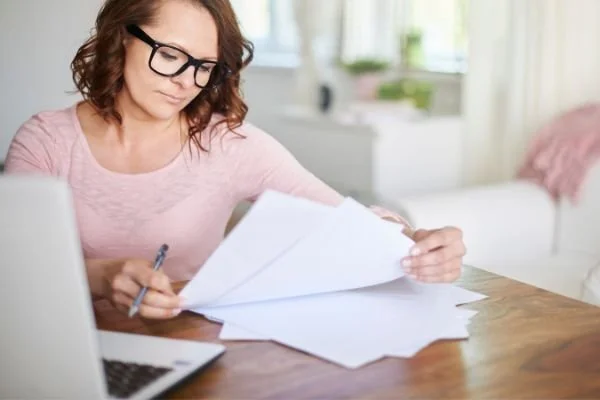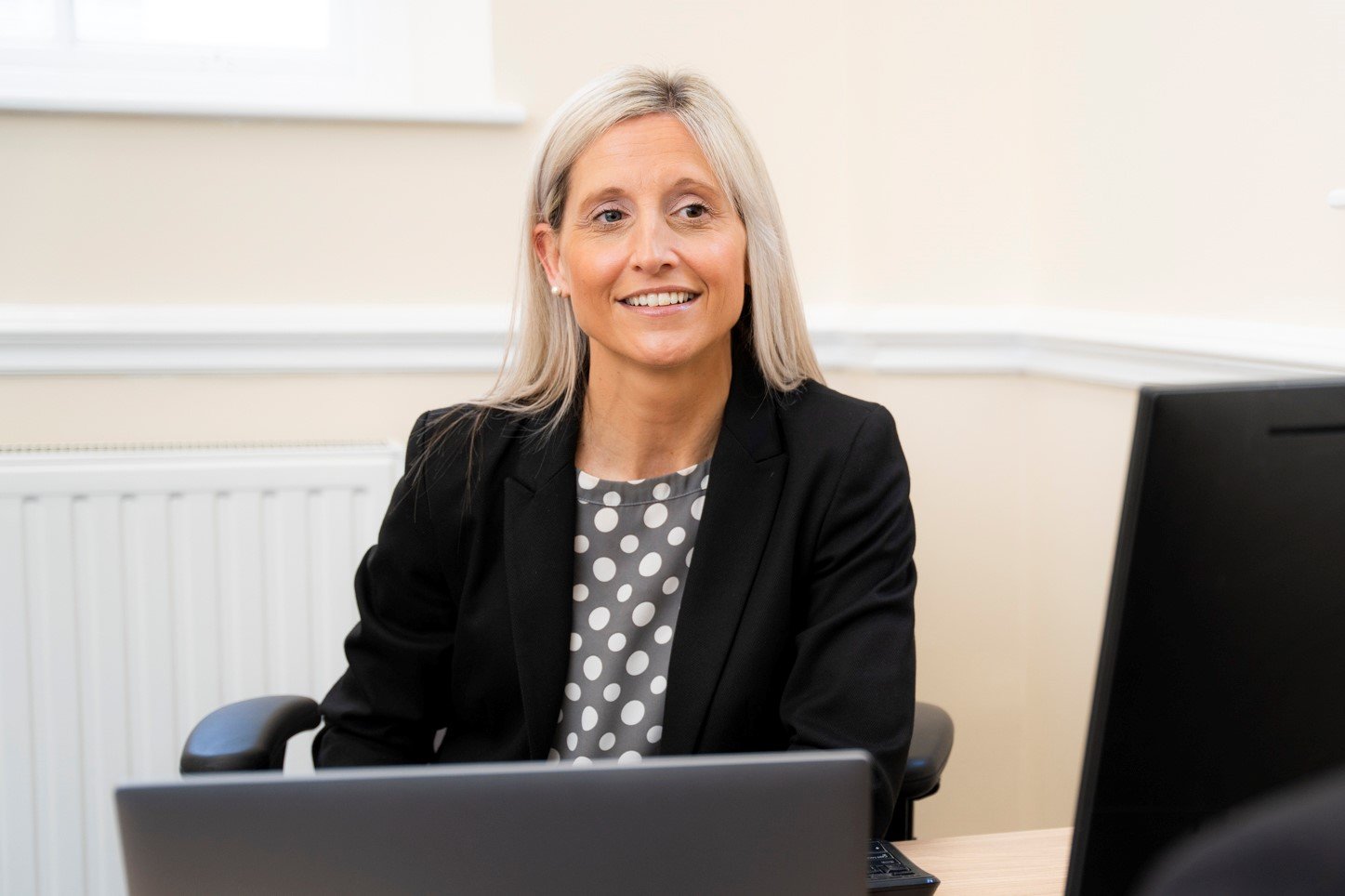Cohabitation Agreement
As an unmarried couple, if the worst should happen and you split up, you’ll suddenly become very aware that there is a distinct lack of information out there to help you and guide you in what to do. It’s also true that unmarried coupled who live together have fewer legal rights than a married couple, and there are very different legal implications if their relationship breaks down.
Unfortunately, a Cohabitation Agreement is often the last thing on people’s minds when they move in together. We get it – it’s an exciting time, so why put time and effort into planning what happens if you split up? But it’s crucial that you do.
arrow_back Back to Family Law
What is a Cohabitation Agreement?
English law does not recognise any such thing as a common-law husband or wife (which is how those in cohabitation would likely view themselves). Instead, it treats you and your partner as two separate individuals, with none of the rights that married couples have. This is why it’s encouraged for unmarried couples to enter into a Cohabitation Agreement to state their intentions and protect their interests.
A cohabitation agreement will mean that if you do split up, you will both have a legal record of what you are entitled to in terms of finances and property and anything else that you want to include.
What should a Cohabitation Agreement include?
Typically, we’d be looking for a cohabitation agreement to include the following:
How debts will be apportioned
How shared savings will be divided up
The legal share that you and your partner have in any properties
If you have a shared business, what will happen to it?
How mortgage and payments and other property costs will be handled
Custody of family pets
Adjustments to pension schemes and investments
And if possible, what will happen in terms of living arrangements while you go through the separation
call Speak to one of our friendly Family Solicitors on 01752 827030
What are the issues of not having a Cohabitation Agreement?
A lot of people think that if you’ve lived together for a few years, you become a ‘common law’ spouse or partner with the same rights as married people. But it couldn’t be further from the truth and if you not married or in a civil partnership, you unfortunately don’t have any rights over property, savings, pensions or spousal maintenance.
For example, imagine an unmarried family where both partners have been contributing to the mortgage and general upkeep and maintenance of the house. If that house is in the name of just one of the partners and they split up, the other partner has no legal claim on the property at all, despite contributing equally to the bills. Savings and pensions fall under the same problem – they will generally remain with the person who’s name is on the account.
What happens with children involved?
Thankfully, whether you’re married, unmarried or in a civil partnership, the resident parent will usually receive child maintenance from the other parent. It’s even possible in most situations for that person to retain the right to stay in the family home until the children reach the age of 18, even if they aren’t the one who owns the property.
Parental Responsibility isn’t as clear cut, unfortunately. Unmarried mothers are automatically recognised as having parental responsibility, whereas unmarried fathers can only have parental responsibility in some situations.
Frequently asked questions
By watching our Cohabitation Law FAQ series, you'll gain valuable insights into the legal aspects of cohabitation, helping you make informed decisions and navigate potential challenges. While the information provided is for general guidance only, it can serve as an excellent resource to help you understand the legal landscape of cohabitation.
-
You can own a property in two ways: as Joint Tenants or as Tenants in Common.
Owning as Joint Tenants means that you own 100% of the property together with your partner. When you pass away, your share within the property will automatically pass to your surviving partner, regardless of what your Will says.
Owning as Tenants in Common means that you own the property in defined shares. When you pass away, your share will pass under the terms of your Will or rules of intestacy, not to your surviving partner automatically.
If you separate from your partner but still own a property together as Joint Tenants, we recommend that you seek legal advice about severing the joint tenancy, to become Tenants in Common.
If you were to contribute more towards the deposit when purchasing a property with your partner, we would recommend that you seek legal advice about a Declaration of Trust and/or Cohabitation Agreement, to protect your interest.
-
As explained above, this would depend on how you own the property with your partner. If you own the property as Joint Tenants, it would pass to you automatically.
However, if you own the property as Tenants in Common and your partner does not have a Will in place to ensure their share passes to you, their share would pass under the rules of intestacy which could mean that it would pass to any children they have or to their brother or sister.
Unmarried couples do not share the same rights as married couples and are not a category under the rules of intestacy, though the surviving partner may have a claim under the Inheritance (Provision for Family and Dependents) Act 1975. Therefore, if you own a property as Tenants in Common, you should consider making sure your Will is up to date.
-
A Declaration of Trust is a legal document, explaining who owns an asset and in what proportions. It is a useful document to have to assist with situations like separation or sale of a property. This document can be prepared at the time of you purchasing your property and you may choose to speak to your Conveyancer about this.
A Declaration of Trust could assist you because it would protect your contribution within a property at times where they could be a breakdown in the relationship. It will assist to minimise any confusion about who has contributed and in what proportions.
When setting up a Declaration of Trust, we would strongly recommend that you consider making a Will to ensure that your share of the property passes in accordance with your wishes.
A Declaration of Trust does not become invalid if you marry your partner. It still operates as a legal document, but the Court only have to have regard to this document, as one factor to consider within divorce proceedings and is not bound by the terms of the Declaration of Trust.
-
The general principle is that the ownership, and the rights of those living in the property is determined by the legal title. Therefore, if you are not recorded as an owner of the property, the Court will presume you do not have a legal interest in it.
If a Cohabitation Agreement is in place setting out your interest in the property, this might be used as a persuasive document.
We would recommend that you do seek legal advice if you are in any doubt as to your interest (if any) in a property, to understand your circumstances further.
-
There are several different options available to you, to try and reach an agreement amicably:
• Direct negotiations (discussions between the parties directly);
• Mediation (round table or shuttle meetings between the parties with a Mediator to assist in helping you reach agreement or narrow issues);
• Solicitor correspondence (negotiations between the parties communicated through their respective solicitors in writing); and
• Court proceedings.
Court Proceedings relating to property disputes can be stressful, expensive and time consuming. We would recommend that the alternatives are properly explored first, before consideration is given to issuing Court Proceedings.
-
The “Occupational Rent” argument usually arises when two people own a property together and following the breakdown of their relationship one party remains in occupation to the exclusion of the other.
The person who remains, has the benefit of occupying the property solely, without the other being present and to reflect that the person has full enjoyment of the property, the ex-partner could ask that they pay half of the usual market rent for this (rent to reflect their full occupation).
However, in practice, the “Occupational Rent” argument is often cancelled out by the person occupying asking for contributions towards mortgage payments.
As a compromise, usually, it is accepted that the person occupying will pay the full mortgage payments and not pay any occupational rent to the person who is excluded.
-
No, the term “common-law spouse” does not exist.
If you are not married, you do not have the same legal rights as married couples.
There is no legal mechanism that an unmarried person can use to make a claim against their ex-partner’s income or pension rights.
The only applications that can be brought by an unmarried person against their ex-partner relates to property owned by them. Claims can also be bought for the benefit of any children of the relationship.
-
As we have explained in the question about a common law spouse above, unfortunately unmarried couples do not have the same protections and rights as married couples.
There is no legal mechanism that an unmarried person can use to make a claim against their ex-partner’s income or pension rights for themselves, but it may be possible to make an application in relation to income or assets for the benefit of children.
What our clients say
Related insights
Meet the Family Team
Get in touch
Fill out the form below and let us know whether you would like us to call you, or email you. One of our family team will be in touch as soon as we can.
If your enquiry is urgent then please call us on 01752 827030.
arrow_back Back to Family Law
















